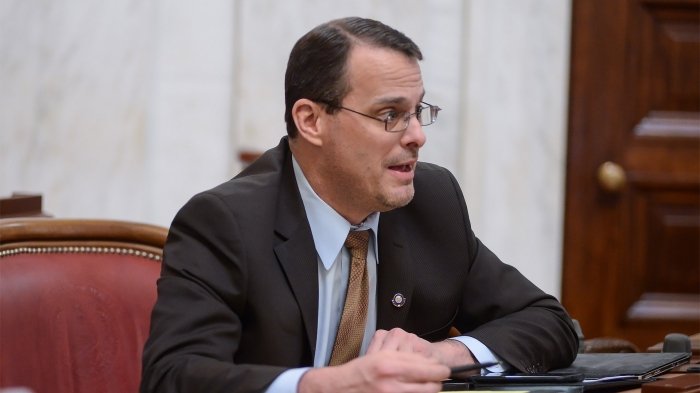W
est Virginia Senator Mike Maroney’s bill, SB 603, passed the Senate Finance Committee on a voice vote Wednesday afternoon and now heads to the full Senate for consideration. It calls for new market entrants and small businesses to be allowed to enter the sports betting and iGaming market.
Currently, only the state’s licensed casinos have sportsbooks. Maroney said the forms of gambling should not be “tethered” to the casinos. “We’ve lost so much money here, millions and millions and millions, hundreds of millions of dollars,” Maroney said, as reported by WVMetro News. “This is a slap in the face to every small business in West Virginia.”
On the other hand, West Virginia Racing Association President John Cavacini, who lobbies for the casinos, said there’s a reason the state law reads the way it does. He said it’s companies that have expertise in gambling that are part of the sports betting industry in West Virginia. “We are now dealing with companies like Draft Kings, FanDuel, people who are in the business or have been in the business,” Cavacini, who called the bill bad legislation, told the committee. He added the state would run a risk with an inexperienced partner.
The bill would create a process by which “new market entrants” are approved. According to the bill, “A new market entrant may operate mobile or other digital platforms or interactive wagering devices, approved by the commission, by which a patron located within this state may place wagers against other patrons also located in this state, or participate in wagering pools, through the patron’s interactive wagering account.”
Maroney admitted some state gambling laws disgust him including laws that govern Limited Video Lottery. “This has been stewing inside me for over a year. This disgusts me,” Maroney said. “I think it’s a huge slap in the face to every small business in our state that we’re letting these guys walk all over us.”
State Lottery Director John Myers told the committee those who operate the sportsbooks had to make it through a long vetting process. When asked, Myers said the possible impact of the legislation would probably be relatively neutral. But later said the plan may not work.



